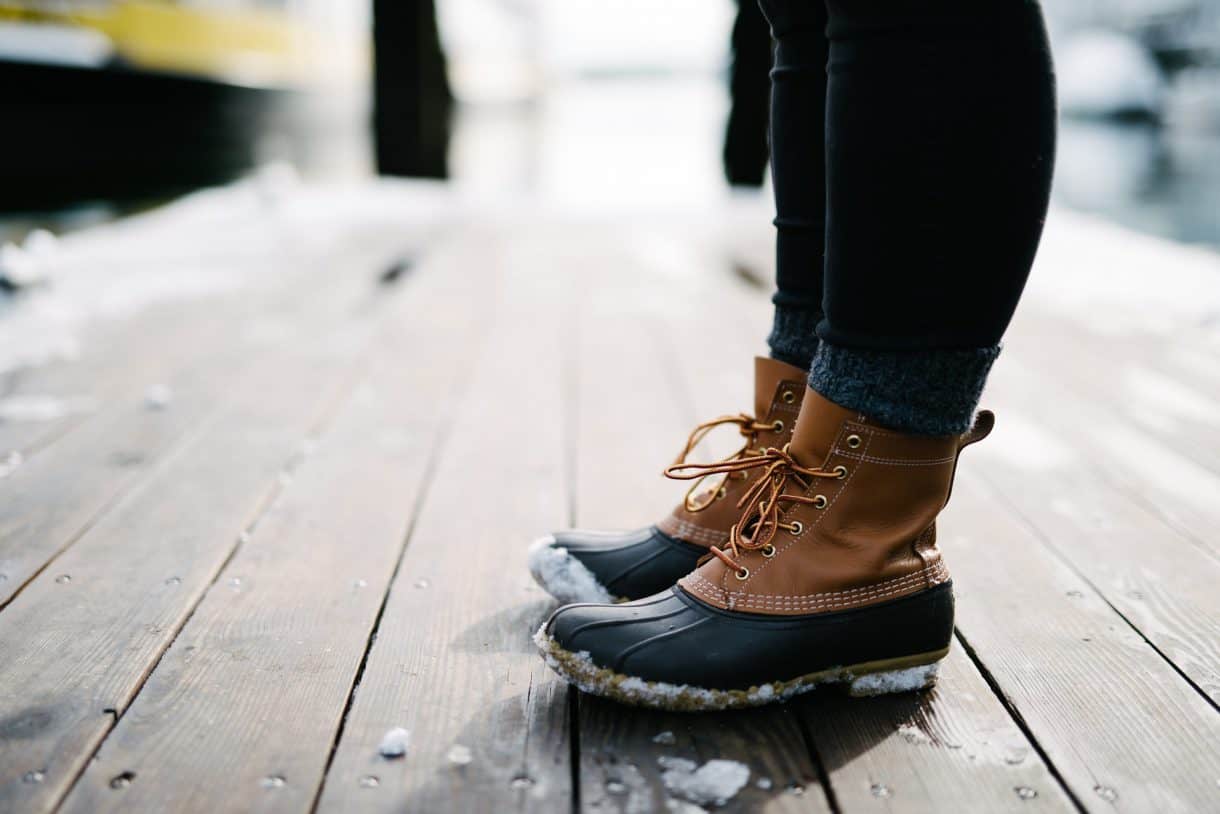Simple Steps to Summer-Ready Feet
It’s officially the start of summer! Good news for feet – it’s time to swap shoes for lighter footwear and sandals. But before you reveal your toes, give your feet some attention so look and feel their best.
Let’s start with your toenails
- Keep your nails short and well-shaped – use a good-quality file to smooth the edge after cutting them
- Use a little oil (almond oil works wonders!) on dry nails – rub into the surface and the cuticles to improve their texture
- Don’t cut cuticles though, this can lead to infection
- Did you know that nail polish can cause your nails to dry out? From time-to-time, leave off the colour and use oil to recondition them
- If you’ve had an injury or infection, then nail can sometimes thicken or become misshapen, making them difficult or painful to cut. These are best dealt with professionally and Podiatrists have the expertise help you.
Time to think about your skin
Healthy skin should be smooth and supple. Rough, thickened or callous skin, often occurs on areas of the feet which have to work particularly hard and this can be unsightly and uncomfortable. Additionally, your skin can become very dry which causes it to harden and crack, especially around the heels. In the summer, when open shoes or sandals are worn, dryness can become even worse.
Painful callouses can be pared away by a podiatrist who can advise you on how best to care for your skin. There are excellent creams and lotions available to improve your skin’s texture and comfort which, when used regularly, can make a lasting difference.
Some people suffer from skin that sweats excessively, a problem that tends to be made worse in warm weather or after activity and sports. This makes your skin more prone to chafing, blisters and fungal infections (athlete’s foot) and verrucas (plantar warts). Using a good antiperspirant can help with this (eg Dri-clor), as can dusting powders and a better choice of sports socks.
Having lots of small, itchy blisters on your skin, splits between your toes or flaky patches usually means a fungal infection, while verrucas are caused by a viral infection and both need specialist products to treat them. Podiatrists are experts in advising on and treating skin infections.
You can help protect yourself against infections by wearing flip-flops when walking in areas used by many people, by drying your feet thoroughly and by airing sports footwear well after use (fungi love soggy trainers!)
Finally, don’t forget your feet can get sunburned. If you are walking in sandals on a sunny day, remember to apply suncream regularly to the top of your feet.
Don’t forget the right footwear
As with all types of footwear, summer shoes and sandals need to be well-fitting and appropriate for the activities you are doing. Feet get bigger throughout the day, especially in hot weather, so sandals need to be adjustable to allow for this.
Pavement pounding
Flip-flops are beach shoes and are not suitable for day-long wearing on pavements. Your muscles have to work hard to keep these on your feet, so they will be tired and sore by the end of the day. Instead, choose sandals with a thicker, shaped sole, sometimes known as Fit-flops, which are held in place by a strap and give much greater support and cushioning to your foot. This is especially important if you are planning a day’s walking and sight-seeing.
Trekking footwear
Serious trekking requires a well-designed walking shoe – don’t skimp on cheap shoes or socks! You can find these in specialist retailers for outdoor activities.
Now get out there and enjoy the longer days…
Walking is an excellent activity to improve your fitness. It gives benefits to all your bodily systems, strengthens muscles and bones, improves mood and concentration and can help you to lose weight too. Aim to walk at least thirty minutes a day and keep up a brisk pace. If you are visiting the coast, walking barefoot on a sandy beach gives your foot muscles a good workout and helps to keep your feet strong and supple.
Fleet Street Podiatry Clinic
For further advice and information on treatment and how to look after your feet, see our podiatry page. Or you can book an appointment online.












